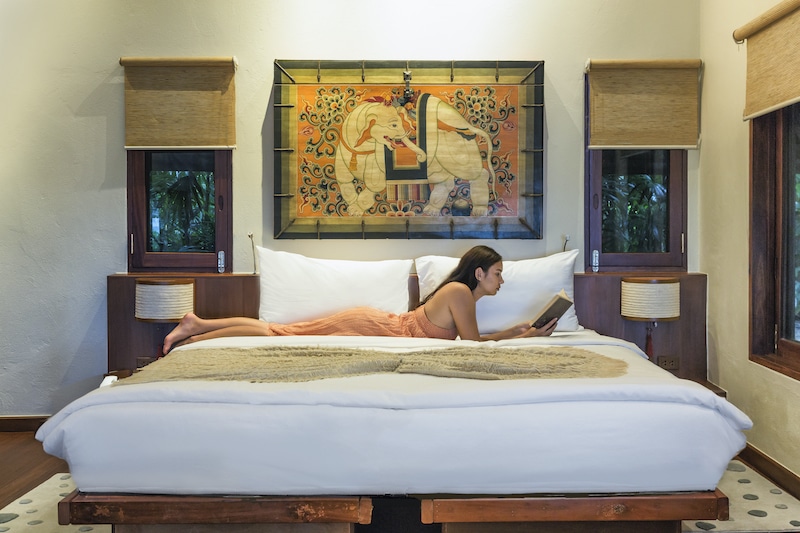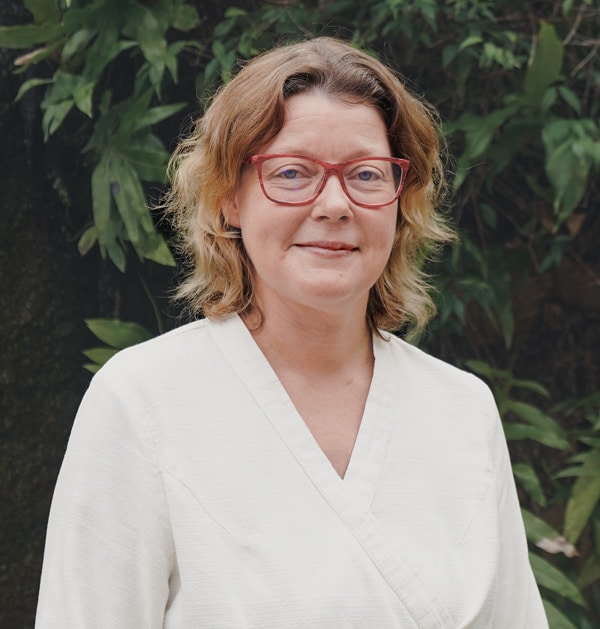SLEEP IN A MODERN WORLD

It is said that we spend about a third of our lives sleeping, or trying to sleep. Many of us have had short periods when sleep has eluded us and some of us have had longer term sleep difficulties, which can become chronic. Protecting our sleep is essential. Yet the reality of practically being able to, for many, seems so overwhelming and daunting adding to their ‘to-do list’; that many put it off and repeat their old cycles and habits. This does not have to be the case. Taking control and changing a few small elements to support your better journey to restful sleep, is within reach.
While there are debates over why we need sleep, we cannot argue with the positive mental and physical aspects we experience after a good sleep. Being focused, alert, quicker in our processes and reactions and feeling energetic. Under the surface of those feelings and during sleep, much more is happening than we fully realise. Nerve cell communication, cementing new learning, maintaining current skill and knowledge pathways and allowing our body to mend and conserve energy; to name but a few. Studies into sleep and the effects of healthy and unhealthy sleep will inevitably continue into the future as we as humans try to better understand ourselves. Currently studies have linked chronic poor sleep with higher calorie consumption, obesity, high blood pressure leading to heart disease, inflammation and immune system disorders. While modern life has brought many developments, updates and betterment to our everyday lives. However, the modern 24/7 pace and expectations society puts on us means many of us are neglecting ourselves and running on near empty, mentally and physically. Getting healthy sleep is critical to addressing that balance.
Whilst many people may not be able to change the bigger demands on their time from work or family, easy changes that can fit into even the busiest of modern lives include room and shower or bath temperature adjustments. Many use a shower or bath before bedtime to unwind or relax, perhaps including a specific scent to aid their mind and body. This can indeed support sleep but most of us make the mistake of having this support too close to our bedtime and the temperature of the water too hot. If you do like your water hot, making sure you leave one to two hours before your bedtime is essential so that your body temperature has enough time to cool down after being heightened; which is crucial for setting your body up to fall asleep. If you do not have the luxury of time, then ensuring the water you use just before bed is cooler than your normal choice helps to avoid the fluctuations before bed and stabilise your core temperature, thus aiding sleep. It has also been found that many of us sleep in rooms that are too warm. The ideal temperature for sleep is, in fact, 65 degrees Fahrenheit or 18 degrees Celsius. Incorporating these two aspects into your sleep routine, no matter how busy you are or wherever you find yourself, can make a big difference with very limited effort.
Laying in bed, staring at the wall or ceiling, seemingly wider awake than ever, is frustrating to say the least. Many of us have experienced this and many of us make the mistake of doing so for far too long. If you are not asleep, or in the drowsy state just before, within 30 mins of getting in bed then you should get up and go into a different space or room and complete a maths problem or challenge. Keeping your bedroom a positive space for sleep with positive associations is an important foundation on which other elements can be built and one we can easily forget. For many of us we remember at some point in our life being told that counting sheep will help us sleep. There is some truth in this statement but not necessarily the sheep part! As maths, or number, problems usually require full concentration to complete them, think Suduko for example. This can be extremely useful to both tire and distract our brain and therefore often we find sleep much easier after just 15-30 minutes of such activities; then returning to the bedroom and drifting into sleep.
New habits, making changes and adjusting to them takes effort, patience and a little time but, be kind to yourself because you can achieve it.

Written by: Amanda Owles
RÉSERVEZ UNE CONSULTATION DE BIEN-ÊTRE AVEC LEILA
sur Kamalaya Connect
Ces séances sont l'occasion de discuter de vos préoccupations en matière de bien-être, ainsi que d'examiner vos objectifs de santé, vos conditions médicales et vos rapports en toute confidentialité.
US$ 94
45 minutes











